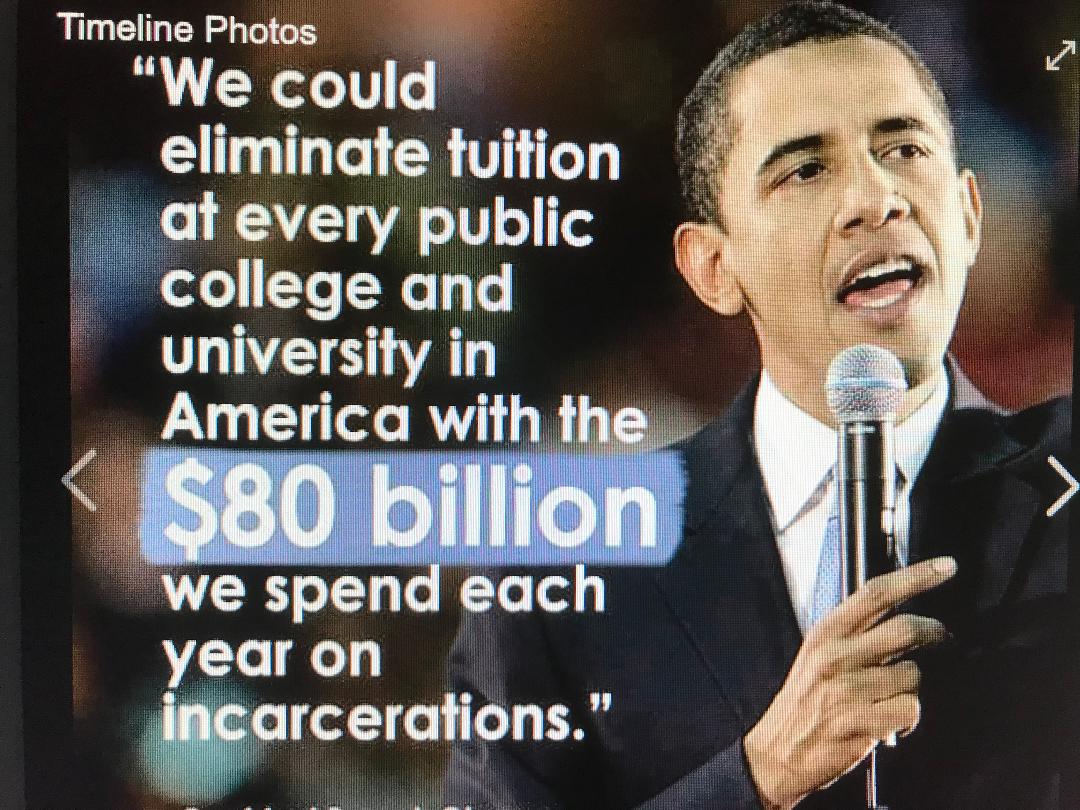[Student Loan Crisis]
NY AG James: “When student borrowers struggle to make payments on their crushing debts, student loan servicers have an obligation to honestly inform them of the tools they can use to improve their finances, but Navient and many other servicers, instead, preyed upon and exploited these borrowers just to increase their profits.”
Photo: Facebook
Student loan debt now stands at $1.5 trillion–and most students who file for bankruptcy are unsuccessful.
New York Attorney General Letitia James today led a bipartisan coalition of 32 attorneys general from around the country in defending the states’ vital ability to enforce state and federal consumer protection laws against student loan servicers.
In an amicus brief filed in the United States Court of Appeals for the Third Circuit, the attorneys general argue that the case brought by the Commonwealth of Pennsylvania against student loan servicer Navient for exploiting student loan borrowers should be permitted to go forward in the federal courts.
“When student borrowers struggle to make payments on their crushing debts, student loan servicers have an obligation to honestly inform them of the tools they can use to improve their finances, but Navient and many other servicers, instead, preyed upon and exploited these borrowers just to increase their profits,” said Attorney General James. “We must curb these abuses and ensure that student loan servicers comply with both state and federal consumer protection laws. Our bipartisan coalition is fighting to ensure that borrowers are protected, that states’ enforcement powers aren’t superseded, and that servicers can’t evade their legal obligations.”
While more than 92-percent of the $1.5 trillion in outstanding student loan debt is owned or guaranteed by the federal government, the day-to-day management of student loans is administered by a variety of private student loan servicing companies that are responsible for collecting payments, enrolling borrowers in specific repayment plans, facilitating the loan’s payoff, collecting on delinquent loans, and otherwise assisting borrowers as issues arise over the lifetime of a loan. Congress intended that these loan servicers “act with honesty and integrity at all times to ensure that the financial aid programs [provided by the federal government] serve the best interests of students.” And state laws ensure that student loan servicers — like any other business – operate honestly in dealing with consumers.
However, in 2017, Navient — one of the nation’s largest student loan servicers — was sued by Pennsylvania, in the United States District Court for the Middle District of Pennsylvania, for engaging in various unfair and deceptive business practices in servicing student loans. These practices included steering borrowers into forbearance rather than more favorable income-based repayment plans, misleading borrowers about when they needed to file annual certifications to remain enrolled in certain repayment plans, and consistently making payment processing errors that resulted in unnecessary fees and penalties. Pennsylvania’s complaint included claims under its state unfair and deceptive business practices statute, as well as under the federal Consumer Financial Protection Act (CFPA).
Later that year, in December 2017, Navient moved to dismiss Pennsylvania’s lawsuit by, among other things, arguing that the federal Higher Education Act preempted Pennsylvania’s state-law claims, and that Pennsylvania could not bring claims under the federal CFPA because the Consumer Financial Protection Bureau (CFPB) had already sued Navient. After the district court denied the motion, Navient appealed to the United States Court of Appeals for the Third Circuit.
The 32 attorneys general are today supporting Pennsylvania’s lawsuit, which seeks penalties, injunctive relief, disgorgement, and other relief by arguing that states have a substantial interest in protecting their residents from all unfair and deceptive business practices committed by businesses operating within their borders, including federal student loan servicers. Additionally, because consumer protection is and has always been an area of traditional state enforcement and the federal government has for decades welcomed the states’ unique expertise on this matter, Congress never intended to remove the states from their traditional role in protecting their residents from misconduct in the student loan industry. Navient is also wrong to argue that the CFPA limits the states’ authority to bring federal claims in cases where the CFPB has already sued.
Joining Attorney General James in filing the amicus brief are the attorney generals of Alaska, California, Colorado, Connecticut, Delaware, Hawai‘i, Idaho, Illinois, Indiana, Iowa, Kentucky, Maine, Maryland, Massachusetts, Michigan, Minnesota, Mississippi, Nebraska, Nevada, New Jersey, New Mexico, North Carolina, Oregon, Rhode Island, South Dakota, Tennessee, Vermont, Virginia, Washington, Wisconsin, and the District of Columbia.








